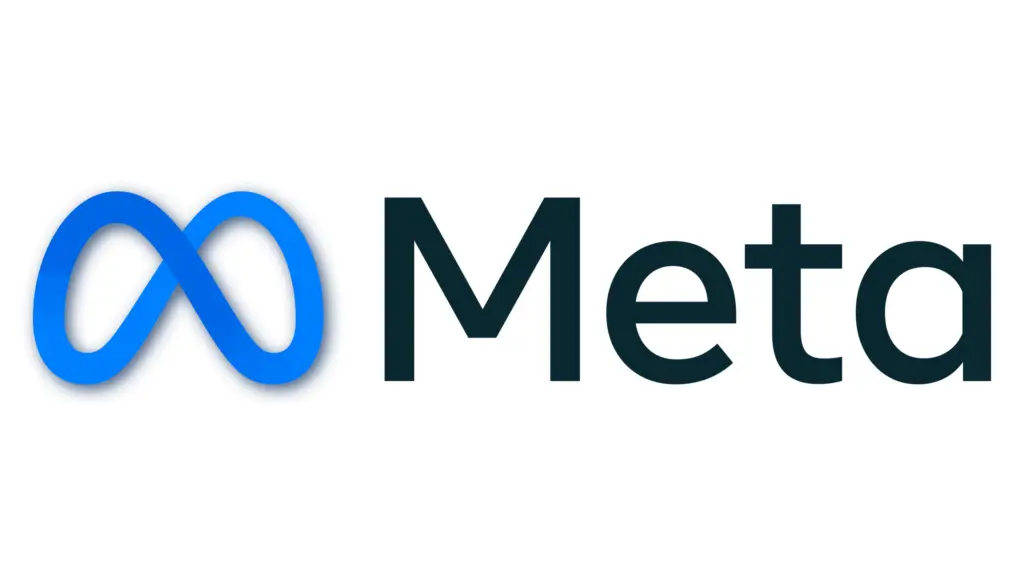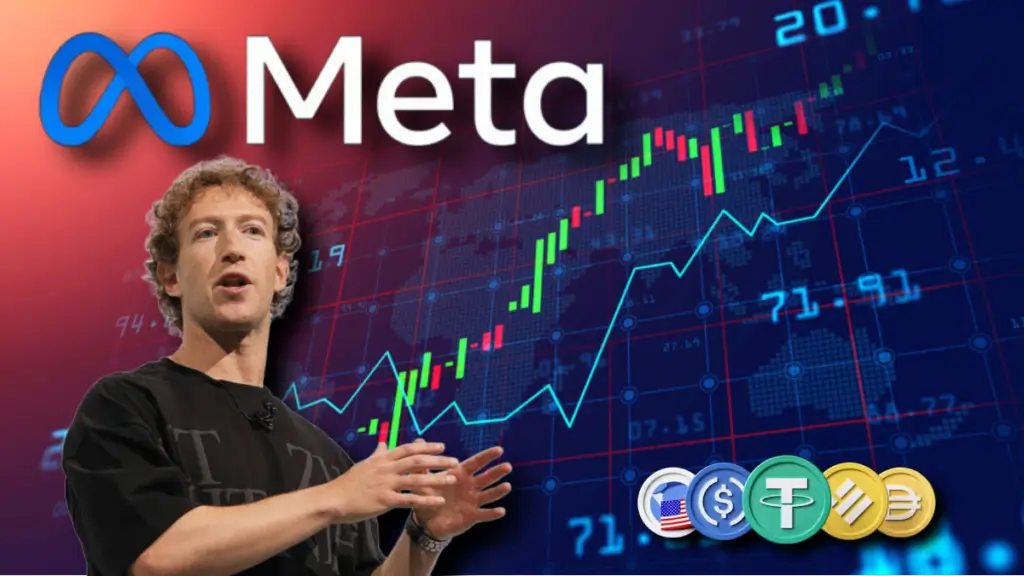The digital asset sector is undergoing significant transformation as major corporations begin exploring stablecoins, while artificial intelligence becomes a core focus for global tech players. The latest developments reveal how financial technology and AI innovation are being prioritised across industries.

Image 1 (Source: Digital Watch Observatory)
Fortune 500 Firms Move Towards Stablecoins
Stablecoins have become one of the more practical uses of blockchain technology, particularly for businesses seeking efficient payment methods. A recent survey conducted by crypto exchange Coinbase found a sharp increase in adoption among Fortune 500 companies. According to their findings, close to 29% of executives from these major firms indicated that they are either implementing or trialling stablecoin solutions. This marks a steep climb from the 8% recorded in 2024.
The survey results suggest that the interest lies primarily in the ability to process payments at lower costs and with greater speed. With stablecoins tied to fiat currencies like the US dollar, their value remains steady, offering predictability in transactions that traditional cryptocurrencies often lack.
While the trend signals progress, there is growing unease within the banking sector. Traditional financial institutions in the United States have raised concerns, particularly over stablecoins that offer returns on deposits. These could present direct competition to existing banking products, especially those tied to interest earnings.
Nevertheless, the overall outlook among corporates is one of growing confidence in the technology. Stablecoins are being considered not only as tools for smoother internal transactions but also for cross-border activities where legacy banking systems still impose delays and higher charges.
Meta Pursues AI Strength Through Major Acquisition
As digital currencies continue gaining corporate interest, Meta Platforms is investing heavily in artificial intelligence in an effort to accelerate its position in the sector. Chief Executive Mark Zuckerberg has reportedly authorised the acquisition of a substantial equity share in Scale AI, a company specialising in data labelling to support machine learning.
The acquisition, said to be worth around $14.8 billion in cash, has resulted in Scale AI’s founder, Alexandr Wang, taking a leadership role within Meta’s new AI division. This group, comprising approximately 50 members, is dedicated to developing advanced AI systems, with a particular emphasis on achieving artificial general intelligence.
This move reflects internal dissatisfaction at Meta regarding the pace of its AI progress. Despite previously announced plans to significantly raise capital expenditure—much of which is intended for AI infrastructure—the company has found itself lagging behind competitors such as OpenAI, Microsoft, and Google.
Wang’s experience at Scale AI, where large-scale data labelling played a key role in training AI systems, is expected to complement Meta’s infrastructure and talent base.
By forming a dedicated “superintelligence” team, a clear effort is underway at Meta to strengthen its position in the fast-moving AI space.
Blackduck says Crypto Biz: Meta’s AI bet, Fortune 500’s stablecoin push Quacktastic news pic.twitter.com/VN021ERmvv
— blackduck (@blackducktradfi) June 13, 2025
Public Companies Deepen Involvement in Blockchain
In a separate development that marks a milestone in corporate crypto integration, Netcapital, a fintech company listed on the Nasdaq, has completed the acquisition of Mixie—a Web3 gaming protocol developed with blockchain technology at its core.
The acquisition was finalised through Zelgor, a Netcapital-affiliated entity. While financial terms were not disclosed, the transaction is noteworthy as it may be the first instance of a publicly traded firm acquiring a fully blockchain-native project.
Mixie’s infrastructure is expected to enhance Netcapital’s existing platform by boosting its tokenisation capabilities. Tokenisation allows for the digital representation of traditional assets, offering improved liquidity and broader access for investors. Netcapital’s current business model focuses on connecting private companies with potential backers through an online interface, and the Mixie acquisition is seen as a natural extension of that strategy.
Although Netcapital remains a nano-cap entity with a modest valuation under $10 million, the firm’s move into blockchain represents a growing trend of traditional financial operators incorporating decentralised technologies.

Image 2: Meta explores stablecoins (Source: Crypto Economy)
Meanwhile, investment management firm Guggenheim has entered a strategic collaboration with Ripple, aiming to expand its digital asset products. A $10 million investment has been committed to the project, showing Ripple’s strong focus on aligning its stablecoin with institutional financial systems. This partnership demonstrates increasing confidence among asset managers in using public blockchain networks for debt instruments, an area previously dominated by traditional finance infrastructure.
The decision to broaden the offering through Ripple’s ecosystem aligns with the larger shift among institutional players exploring blockchain for secure, compliant financial operations. It also serves as an example of how decentralised platforms are becoming embedded within standard capital markets activity.
A Converging Landscape
Together, these developments indicate a maturing of both blockchain and AI across the global business landscape. From large corporations testing digital payment methods to tech giants pushing the boundaries of intelligent systems, digital innovation is accelerating across multiple fronts.
Read Also: Historic Vote: U.S. Senate Moves Forward on GENIUS Act for Stablecoin Regulation
Stablecoins are no longer experimental. They’re increasingly seen as practical tools for commerce, especially when faster settlement times and reduced fees can give companies a competitive edge. At the same time, AI is no longer limited to research labs. It is rapidly becoming the centrepiece of investment strategies for firms aiming to future-proof their operations.

